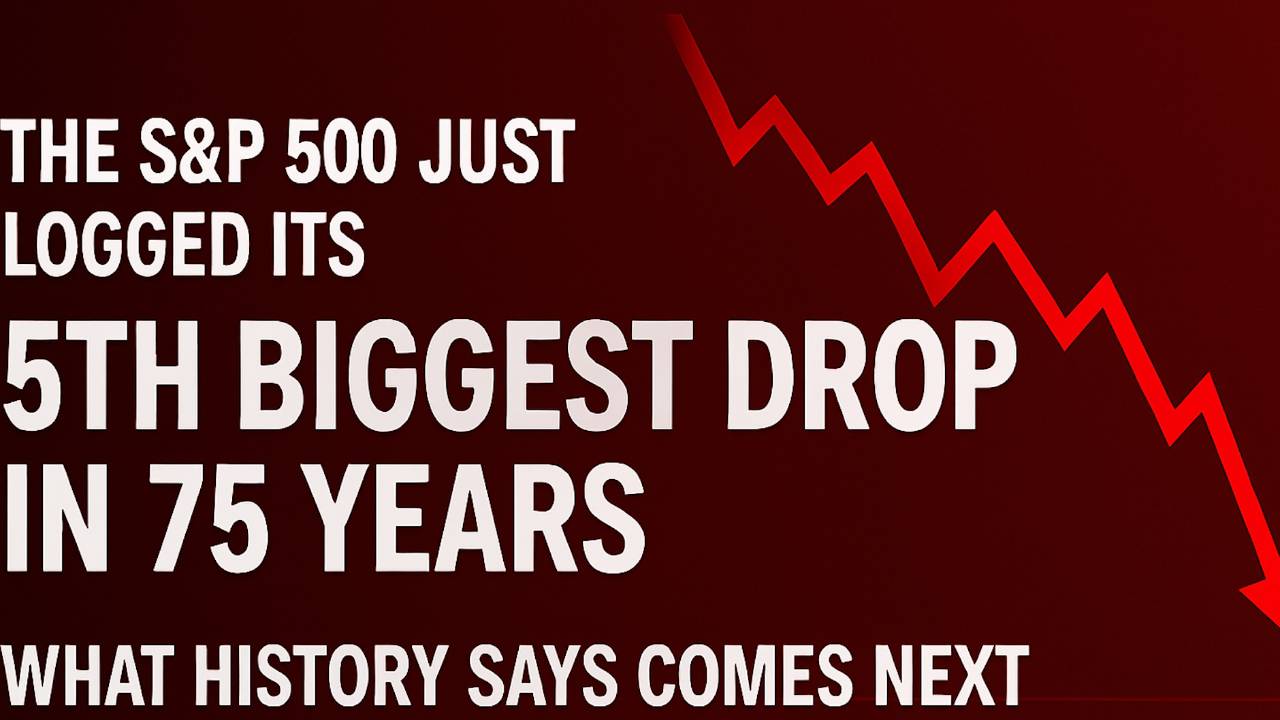How Long Does It Take to Be Profitable in Day Trading?
Sep 27, 2024
How Long Does It Take to Be Profitable in Day Trading?
Many people spend multiple years before achieving consistent profitability if they reach it at all. If you're working full-time with a mentor and focusing on just one or two strategies, it typically takes at least a year to consistently make money. Six months is the quickest timeframe, but most traders take longer. For part-time learners, expect to spend one to two years (or more) before achieving profitability—trading stocks, futures, options, forex, or crypto.
Making money quickly is often the result of luck or favorable market conditions, not skill. Based on data from thousands of traders, here's the reality:
I came across a story from a day trading firm with about 30 traders on the floor and another 5 to 10 learners trying to make it onto the trading floor. These trainees would cycle in and out every few months. Here's what I discovered:
- Only 4% of people who applied, showed up daily, practiced, and sought help from experienced traders made it to the floor. The other 96% couldn't make enough to justify their time.
- Traders who were profitable took a minimum of 6 months to start making decent money using one or two strategies. For many, it took a year or more. They put in full-time hours, practiced daily, reviewed trades, and found ways to improve. Traders trying to learn too many strategies at once struggled to succeed.
These stats are common across trading in general. I believe the success rate would have been higher if more trainees had stayed for at least six months. Many would-be traders assume they'll be making money within a couple of months, and when that doesn't happen, they quit.
### How Long Does It Really Take?
Depending on your personal circumstances, here's an estimate of how long it takes to become a consistently profitable trader:
- **Full-time with a mentor or quality trading group**: Expect at least 12 months. It could take more or less, as everyone is different.
- **Part-time with a mentor or quality group, actively reviewing trades and tracking progress**: One to two years, possibly more. It's possible to take less time, but that's unlikely.
- **Part-time, experimenting without a structured approach**: Multiple years, or perhaps never.
You can speed up your progress by practicing more, especially with demo trading software. These tools allow you to trade using historical data and a replay feature, simulating live market conditions.
### Why Does It Usually Take Over a Year to Trade Successfully?
Even if you're only learning one strategy, it will likely take 5 or 6 months of dedicated work to become good enough to trade it profitably. And you’ll likely only be successful in specific conditions. To stay profitable, you need to learn how to trade in different market environments. Here's why it takes time:
- You must learn in which conditions the strategy works well—and when it doesn't.
- You need to practice identifying these conditions before taking trades.
- Managing emotions is critical. The desire to trade, or the fear of missing out, can cause you to overtrade or undertrade your strategy.
Additionally, we all perceive the market differently. You might learn from others, but you’ll need to integrate what you’ve learned into your own beliefs and thought processes. Every successful trader has adapted others' ideas into their own unique trading style or strategy.
### Trading is More About Execution Than Prediction
Successful trading isn't about reading or predicting market moves. It's about execution. Traders should focus on one or two strategies, refine them, and then practice implementing them in a demo account. Analyze trades, find ways to reduce risk and improve profitability, and look for patterns that signal when not to trade.
Every trading day looks different, and even after reviewing 1,000 charts, live market conditions will always present something new. The challenge is learning to spot what matters in a sea of changing data.
Most traders can only handle a few strategies well. This means much of your time will be spent waiting for the right conditions. For day traders, opportunities might only arise a few times in a 2-hour session. If you're swing trading, you might only get a chance to act once or twice per week—or month.
It's also crucial to act quickly when opportunities arise. Being late by even a few seconds in day trading (or a few hours or days in swing trading) can ruin an otherwise profitable trade.
The more time you spend distracted by other strategies, the longer it will take to progress.
### The Reality of Trading Success
Some traders make money right away, but this is often due to favorable market conditions or luck. For example, when the stock market crashed in 2020, many inexperienced traders bought stocks and saw big returns because the market went on a massive upward rally. But when conditions changed, many of these traders lost their profits.
Profitable traders are those who put in the work and adapt to changing market conditions. They make money and keep it when conditions change, either by stopping trades or adjusting their strategies.
### Your Fastest Path to Trading Success
Assume that it will take at least 12 months to see decent results with a strategy. That’s why demo trading is so important. Moving to live trading too quickly is reckless. Focus on one or two strategies, track your trades, review your results regularly, and improve on your mistakes. If you want to succeed quickly:
- Focus on your trades, not others'.
- Take screenshots of trades and note your thoughts and emotions at the time.
- Track your trades in a journal.
- Develop guidelines for trading in ideal conditions and avoiding poor ones.
- Refine your entries, stop losses, and profit-taking methods.
- Avoid switching strategies too frequently, as it resets your progress.
### The Final Word
Becoming a trader is not a destination, but a process. You are only a trader as long as you follow your methods, manage your losses, and pull money out of the markets. Commit to at least 12 months of practice and improvement. For most, it will take several years. Trading isn't easy, but with persistence and focus, it can bring financial freedom.
**Disclaimer**: Nothing in this article is personal investment advice or advice to buy or sell any financial products. Trading is risky and can result in substantial losses, even more than the initial deposit if using leverage.






